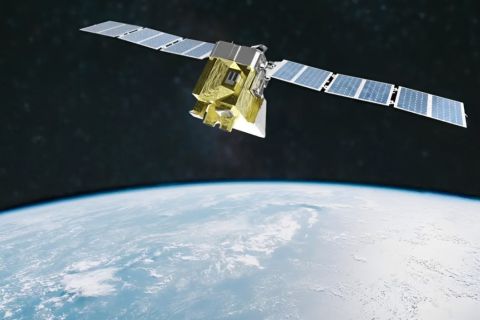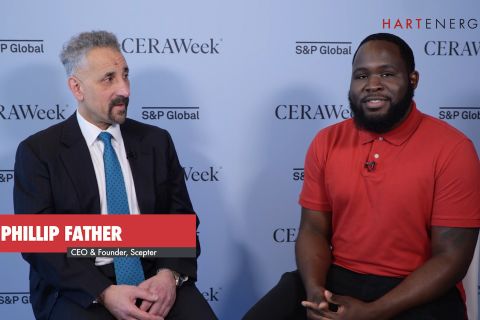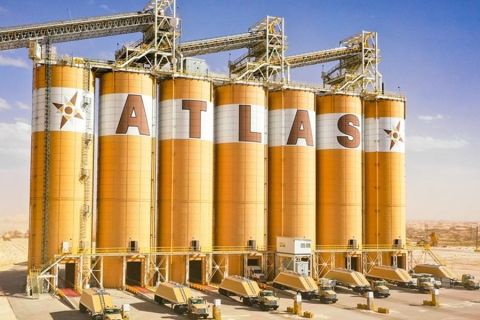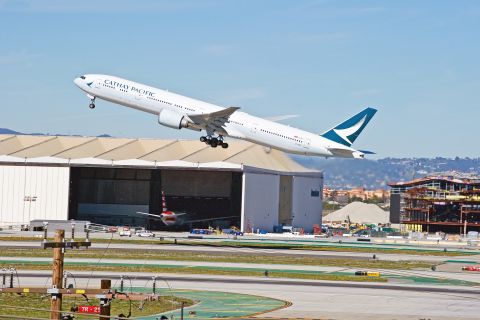
In seemingly the time it took for the paint sprayed by an angry Green Party presidential candidate to dry, Enbridge Inc. transformed both its corporate structure and its strategy involving a major shale play in two huge moves this summer.
As bold steps forward go, the $28 billion acquisition of Spec- tra Energy Corp. is one to paste into the boardroom scrapbook, but by abandoning the Sandpiper Pipeline Project in favor of a joint investment with Marathon Petroleum Corp. into the Bak- ken Pipeline System, which includes the Dakota Access Pipeline (DAPL), Enbridge has engineered a profound shift in the region.
Analysts from East Daley Capital Advisors Inc. told Midstream Business that backing DAPL and essentially killing the $2.6 billion Sandpiper (the project has been delayed for five years) could help bring about a supply-and-demand balance in the Bakken Shale by 2020.
“The [Bakken Pipeline System] merger is a sign of a well-functioning market,” said Justin Carlson, vice president and managing director for research at East Daley.
The balance won’t come about yet, though. With Dakota Access scheduled to begin operations by year-end 2016, pipeline capacity in the Bakken will exceed the play’s output, said Matt Lewis, East Daley’s director of equity research. Government inter- vention has threatened to delay the project.
Not all production will move into pipelines, because many producers are still locked into contracts to move their crude by rail, Lewis said. However, between now and the expected sup- ply-and-demand equilibrium in 2019-2020, midstream operators will be, for the most part, protected by take-or-pay contracts.
For Bakken producers struggling with low oil prices, the new pipeline should help.
Recommended Reading
MethaneSAT: EDF’s Eye in the Sky Targets E&P Emissions
2024-03-07 - The Environmental Defense Fund and Harvard University recently launched MethaneSAT, a satellite tracking methane emissions. The project’s primary target: oil and gas operators.
Exclusive: Scepter CEO: Methane Emissions Detection Saves on Cost
2024-04-08 - Methane emissions detection saves on cost and "can pay for itself," Scepter CEO Phillip Father says in this Hart Energy exclusive interview.
Fire Closes Atlas Energy’s Kermit, Texas Mining Facility
2024-04-15 - Atlas Energy Solutions said no injuries were reported and the closing of the mine would not affect services to the company’s Permian Basin customers.
Darbonne: ESG, ‘Oh So 2022,’ Reduced to Table Stakes?
2024-02-11 - ESG champion BlackRock is paring, while Exxon Mobil’s growing. Today, ESG is just table stakes.
SAF End-users, Producers Talk Challenges, Solutions
2024-02-07 - The lower lifecycle emissions of sustainable aviation fuel are seen as a key lever for airlines to reduce carbon emissions, but cost is a challenge.





